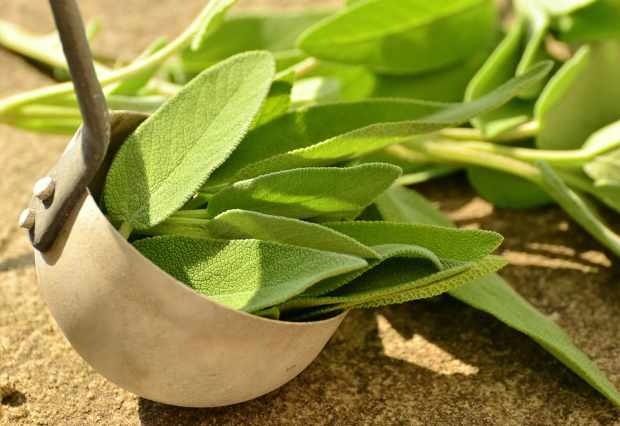Photo : 10 Medicinal Plants You Can Grow in Your Apartment
Are you interested in growing medicinal plants at home, but aren't sure you have enough space? We've got good news for you! A lot of common medicinal plants can be grown even in small apartments. Read more below.
Thyme
Thyme has antibacterial and antifungal properties and can increase circulation and immunity. It may help improve vision and relieve stress.
Thyme tea can help relieve coughing fits, especially when sweetened with honey. It will also help build your immunity, and its light aroma helps relieve stress.
Mint
Mint can be used to soothe an upset stomach and reduce nausea. It's also reported to increases alertness, mitigate headaches, and relieve congestion.
Mint grows best in a planter, so it's perfect for cultivating indoors. An extra benefit of growing this plant is that it repels mosquitoes.
Sage
Sage is known to be an anti-inflammatory and is often used to treat arthritis and gout. It stimulates brain function and is high in vitamin K.
Sage aids in digestion and helps alleviate dyspepsia and indigestion. It can also be used for skin issues and to soothe inflammations of the mouth and throat.
Aloe
The gel from the inside of the aloe leaf can be spread on burns to speed their healing. The juice can also be applied to mouth ulcers (canker sores) and used as an eye lubricant.
In addition to the topical uses listed above, the pulp of the aloe plant can be ingested. It's high in amino acids and alkalizes the body. It also boosts the immune system and reduces constipation.
Parsley
Parsley, generally known for adding flavor to everyday foods, also has many health benefits. Parsley has anti-inflammatory, antibacterial, and antifungal properties. It's often used as a diuretic and to avoid urinary tract infections by supporting the kidneys.
Parsley helps freshen breath and is high in several vitamins. It also aids in digestion and blood circulation.
Echinacea
Echinacea is also known as the purple cornflower and has traditionally been used to help boost the immune system. It helps protect the body against the common cold, coughs, bronchitis, upper respiratory infections, and some inflammatory conditions.
Marijuana
Marijuana is legal for medical use in about one-fourth of U.S. states. Some have also legalized it for recreational purposes, but in others, it's illegal, even for medical use. Be sure to check your state's laws, including any limits on the number of plants allowed, before making plans to cultivate it.
Weed is used medicinally for a variety of ailments. By far, the greatest amount of evidence is for its effectiveness in alleviating pain, nausea and vomiting (from chemotherapy), and tight or stiff muscles.
Marijuana grows best under specific conditions. You can plant weed from seeds, which you can order online. Click here for sales.
Chamomile
For many years, chamomile has been known as a natural remedy for anxiety due to its calming effects. Chamomile tea can also help settle an upset stomach.
Chives
Chives boost the immune system with high levels of vitamins A and C. They can also help alleviate nasal congestion and colds.
Basil
Basil is best known as part of a cook's arsenal for preparing delicious dishes, especially pasta sauces and soups. However, it also has several medicinal properties.
Basil is an anti-inflammatory, and it has antibacterial qualities. It's also high in antioxidants and can soothe an upset stomach, a cough, or bug bites. It can be used in the form of fresh leaves, tea, or oil.
Basil can help relieve flatulence. It can also be used topically on scrapes and cuts for a faster recovery. Basil is also reported to have antiparasitic properties that may help prevent and treat worms in humans and animals.
Indoor Gardening Tips
To get started with your indoor herb garden, purchase pots and herbs or seeds at a local garden center or online. Potting soil is also a good idea if you don't have very fertile ground to work with. Plant your herbs in the pots half full of dirt.
Most of these medicinal herbs require at least six hours of direct sunlight daily. A window that faces south is an ideal spot. Aloe is an exception in that it prefers indirect sun. So, place it slightly farther away from the window.
Ready to get started? Pick up your supplies and start your indoor herb garden today!
* This is a contributed article and this content does not necessarily represent the views of universityherald.com









